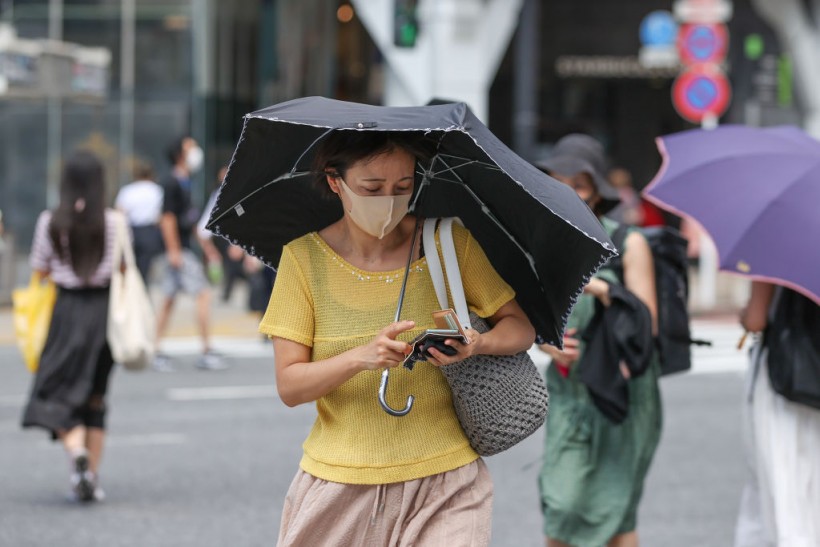
(Photo : Photo by Takashi Aoyama/Getty Images)
TOKYO, JAPAN - AUGUST 28: A woman wearing a protective mask crosses the road at Shibuya Crossing on August 28, 2020 in Tokyo, Japan. Japan has so far 66,481 infections, 1,254 death and 53,482 recoveries from the virus, which includes the numbers of cases on the Diamond Princess cruise ship.
Governments across the globe have recommended their citizens' social distancing and stay-at-home measures which have helped flatten the curve of coronavirus cases. However, it also made an impact on other areas of life. Road traffic is one coverage related to COVID-19 road deaths that has witnessed a remarkable diminishing in many nations worldwide.
The Golden Question on Global Road Fatalities
The question posed: how much is the possibility that the significant diminishing in road users could translate to a decrease in road-related mortalities?
Comparethemarket.com.au has developed a digital table that traverses the varying quarantine measures across the globe and how they could be impact road mortality rates in local communities, reported the website.
It has initiated research that provides supreme insights into how road fatalities could improve in 15 nations based on the level of quarantine measures implemented throughout 2020.
The soaring of the tally of COVID-19 cases has resulted in adverse effects on the transportation industry. This is due to implemented isolation measures.
Road Traffic Injuries as a Public Health Priority
Proofs suggest that the current and projected burden of worldwide road traffic injuries is buttressed by nations that could afford to meet the health service, societal, and economic challenges. Although the evidence remains quite precarious looking at the limited information systems in most low- and middle-income nations, such projections underscore the necessary need to address road traffic injuries as a public health prime concern, reported ResearchGate.
Interactive Table
Data was recorded for 15 countries for contrasting between varying quarantine restrictions across the globe and how they could impact road fatality rates in local communities.
The 2018 data indicated in the digital table was that there was an average road fatalities of 12,867 people each month in 2018 throughout the 15 countries chosen to determine the relevance with COVID-19 road deaths.
Also Read: Taj Mahal Reopens as COVID-19 Cases in India Skyrocket
By merging the estimated road fatality rate with the level of restrictions in every nation, strong hypotheses can be made regarding the lives saved by stay-at-home measures.
An Example
For instance, Australia's statistics display a remarkable feat from pre-COVID to now. The country's estimated monthly road mortality rate before COVID-19 was 95. The highest level of stay-at-home measures is required except in crucial situations.
The June 2020 statistics indicate that there were 91 fewer road mortalities than the previous year which was the lowest figures in a decade.
Selection of Countries
Upon recording the tally of road-related fatalities that transpired in one year for 15 different countries, the website chose a pair of countries for each continent (excluding Antarctica) that had the largest number of mortalities per 100,000 individuals. For Europe, Asia, and Africa, they selected three nations that had the highest mortality rates per 100,000 due to the fact that they have more nations than other continents.
Some nations have witnessed a traffic decrease of a maximum of 40% since restrictions were imposed, suggesting that even a mere 1% drop in the figure can cause in 128 individuals staying alive.
Although more relevant information is yet to be made available for other nations, one survey in Russia witnessed 85% of participants self-isolating at their houses during April, which would see a huge portion of commutes suspended. Based on such statistics, it is feasible that a crucial decrease in COVID-19 road deaths could be transpiring globally.
Related Article: Can Wearing Glasses Serve as Coronavirus Protection?








